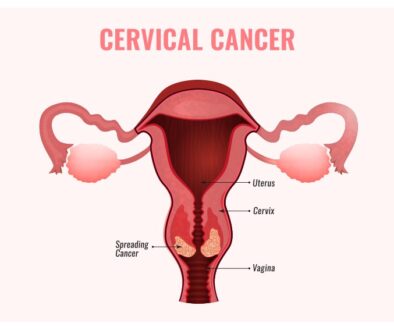Breast Cancer Robust Research – Facts
Being a woman Put You at an increased risk of these health conditions.
Breast Cancer Robust Research – Facts
Oncologists and scientists are learning about new ways to manage, prevent and treat early-stage and locally advanced breast cancer. The aim of the current research on breast cancer is to provide the best care to women diagnosed with breast cancer. The areas of research that are being studied may offer new options for patients through clinical trials. Such areas include learning about the causes of early-stage breast cancer and advanced breast cancer – such as lifestyle choices, diet, environmental causes, obesity, exercise, hormones, and to come out with ways that may help in preventing cancer. The following are some of those areas of research aimed at offering the best breast cancer treatment approaches.
After knowing the causes, identifying new ways to prevent early-stage and locally advanced breast cancer. Coming out with new diagnostic approaches to help detect breast cancer in the first go itself.
To determine which early-stage breast cancers may require chemotherapy and which do not need chemotherapy.
Better evaluation of genes and proteins by developing robust methods and techniques for each patient with breast cancer.
Studies on the best use of genetic testing for breast cancer mutations continue at a rapid pace.
Devising and assessing robust surgical methods for the better management of breast cancer and coming out with robust breast reconstructive surgical approaches.
Assessment of targeted radiation therapy plans and shorter radiation therapy approaches.
Coming out with new and better ways of minimizing the adverse effects of breast cancer treatment and reducing symptoms for a better quality of life and improvement in the comfort of the patients.
The current research is aiming at new drug discoveries, therapies and a combination of therapies for early-stage and advanced breast cancer. The objective is to improve target therapies for HER2+ breast cancer; hormonal therapies for ER+ breast cancer and to improve ways of treating triple-negative breast cancer.
Evaluating and testing new drugs and therapies for the prevention of breast cancer.
Some clinical trials are underway for non-hormonal drugs to manage breast cancer. The drugs of interest include non-steroidal anti-inflammatory drugs, COX-2 inhibitors and statins.
Researchers are aggressively working on formulating new lab tests for circulating tumour cells (CTCs).
Research in Molecular breast imaging (Scintimammography) is aimed at improving this imaging technology and evaluating its use in some specific situations like detecting breast cancer in younger women with dense breasts.
Breast oncoplastic surgery is a combination of cancer surgery and plastic surgery techniques. It aims at improving breast aesthetics.
Targeted therapies: Certain gene changes in cancer cells help the cells grow or spread. Drugs that specifically target such gene changes work individually or in combination. Targeted therapy research is currently underway for formulating new targeted therapies against breast cancer cells.
Scientists are trying to learn more about the social and emotional factors associated with breast cancer – which may affect patients’ treatment plan and quality of life.




